Dhaka, June 18 (V7N)- Although major political forces have reached a tentative consensus to hold Bangladesh’s next national elections in February, political analysts warn that the crisis is far from over. With key developments expected in the coming months — including the anticipated July Charter, the possible return of BNP Acting Chairman Tarique Rahman, the Election Commission’s schedule, and disputes over the voters’ list — the political temperature in the country may rise again.
According to analysts, while some forces remain opposed to the electoral process, the ruling Awami League (AL) may also become more active in shaping the pre-election narrative. However, if the current situation of relative calm holds, most believe that the elections will eventually go ahead without major disruption.
The London Meeting and Emerging Consensus
The interim government and the Bangladesh Nationalist Party (BNP) reportedly reached a preliminary agreement regarding the February election timeframe during a meeting in London between Tarique Rahman and Nobel laureate Dr. Muhammad Yunus. However, this consensus was conditional, hinging on “sufficient progress in justice and reforms.” Despite these conditions, political observers say the government now has no alternative but to proceed with elections on the announced timeline.
Expert Opinions
Prominent political analyst and economist Professor Anu Muhammad emphasized, “There is no more time to hold elections after the announced period. It’s impossible for anyone to bypass the need for elections or to maintain legitimacy without holding them.”
Echoing this sentiment, Matiur Rahman Chowdhury, editor of Daily Manabzamin, observed that while the situation is relatively stable now, “Many challenges remain. Politics may take a sharp turn around the July Charter, and questions remain about when the Election Commission will unveil its official schedule.” Chowdhury also highlighted uncertainty regarding Tarique Rahman’s possible return to Bangladesh as a factor that could shift the political balance.
Both analysts acknowledged that while anti-election forces exist, their influence is unlikely to derail the electoral process if the current trend continues.
Challenges Ahead
-
Internal Political Conflicts: Professor Anu Muhammad pointed to the conflict of interests among various political forces, predicting phases of both unity and division in the months leading up to the polls.
-
Dissatisfaction Among Allies: Elements within parties like Jamaat-e-Islami and the Nationalist Consensus Party (NCP) are reportedly dissatisfied with the February timeline. Their aim is to expand the number of young voters before the election, but analysts believe this will not significantly delay the process.
-
Voter Behavior Uncertain: Professor Anu Muhammad further noted that “there is no specific answer as to who young voters will support, even if they are added to the list.”
-
Law and Order Concerns: Maintaining law and order remains one of the biggest challenges, but analysts agree that “if all forces turn their focus toward the elections after the announcement of the schedule, much of this tension will ease.”
Outlook
While the broad agreement on the February elections marks an important step forward, Bangladesh’s political landscape remains unpredictable. The coming weeks, especially surrounding the July Charter and Tarique Rahman’s political moves, will be crucial in determining whether the country can avoid fresh instability and move toward a credible electoral process.
END/MSS/AJ



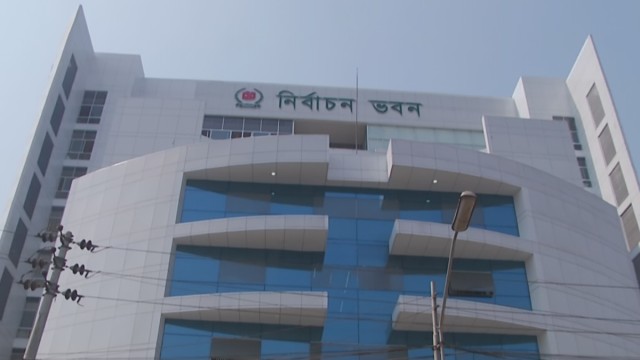
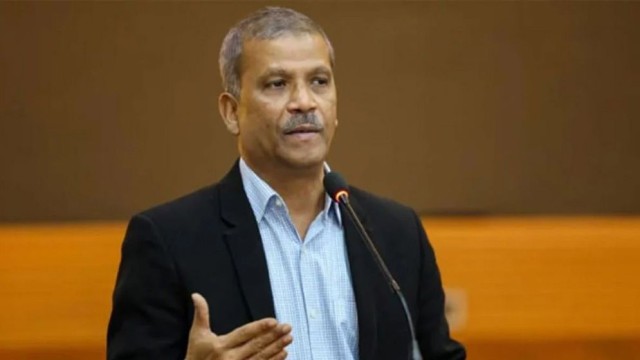
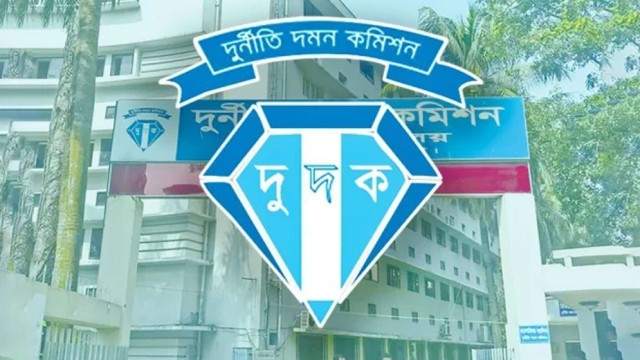
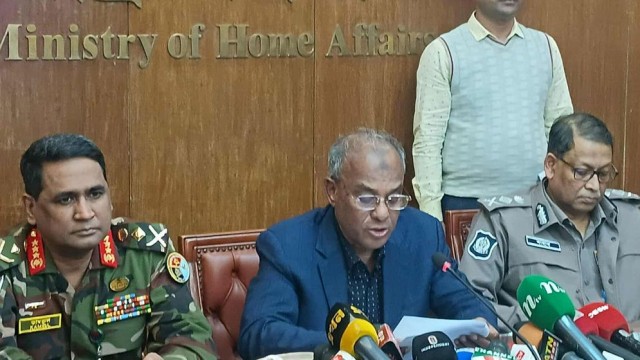
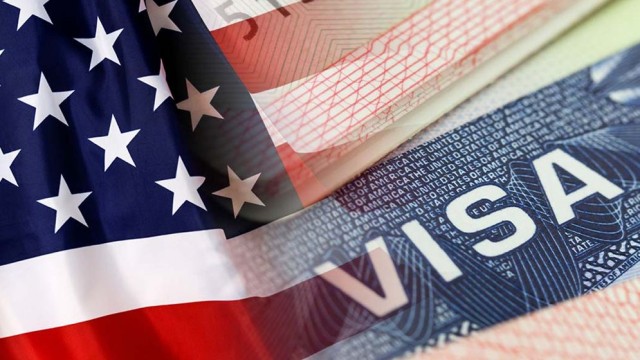
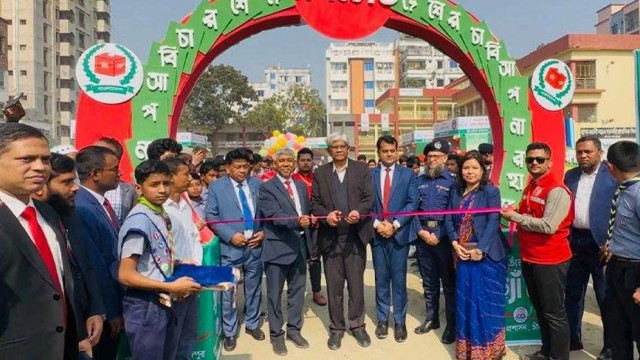
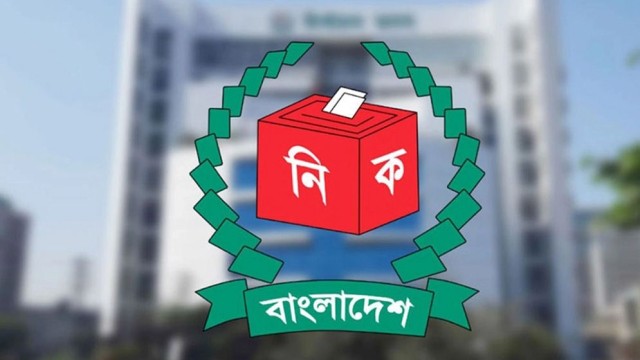
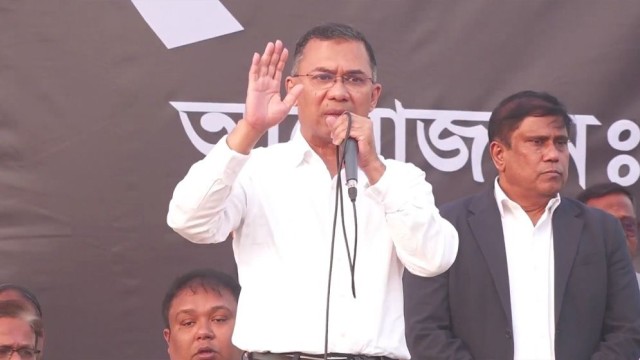
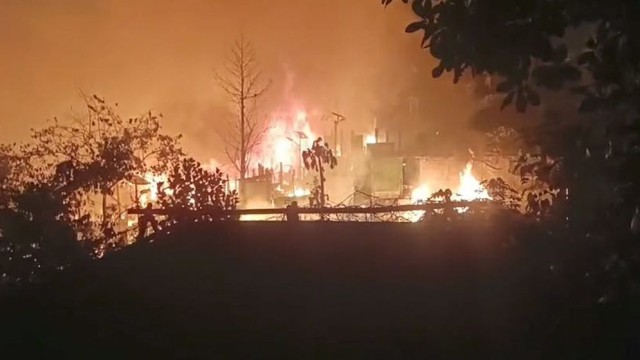
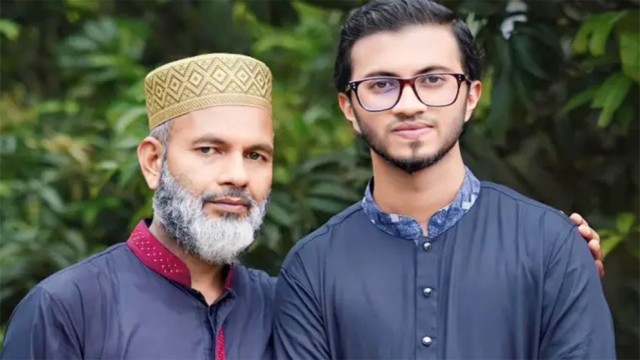

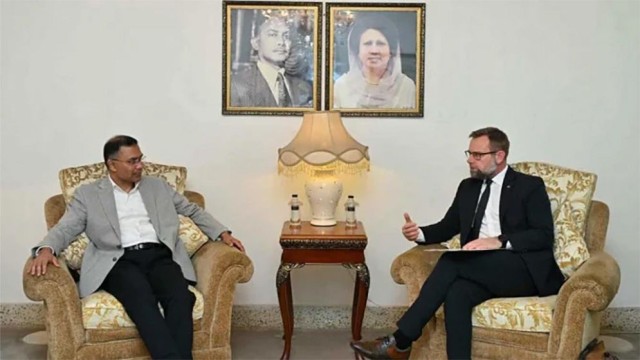

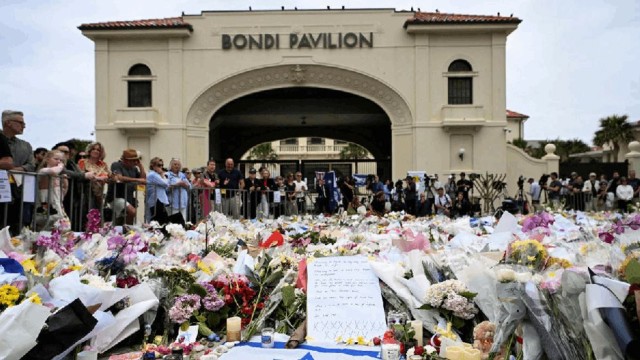
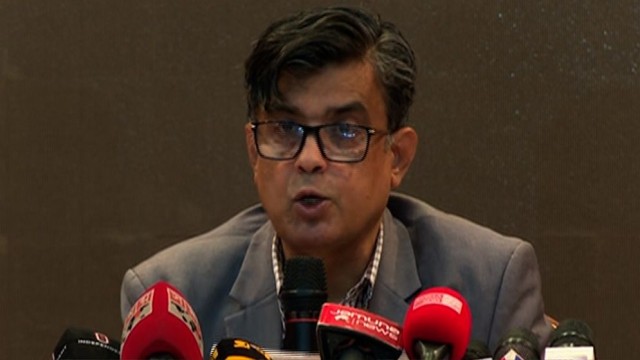
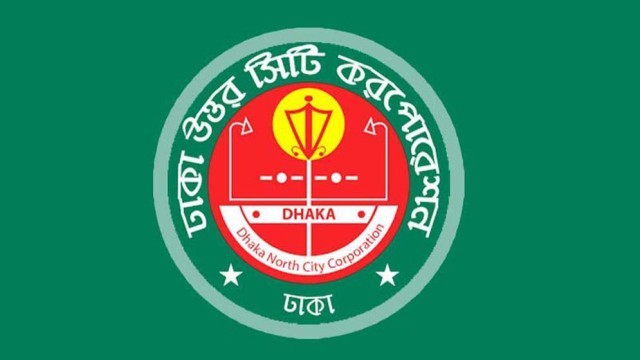


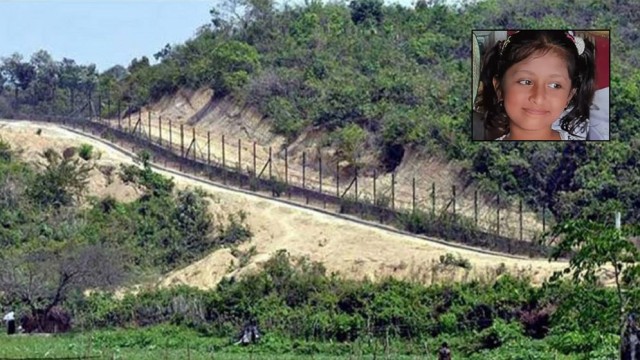


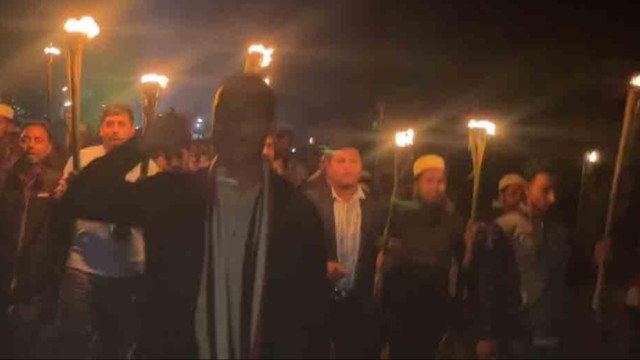
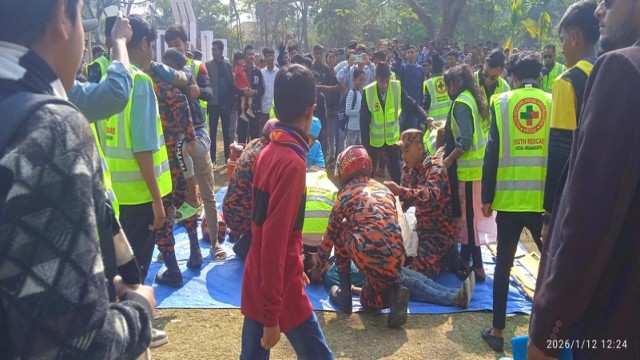


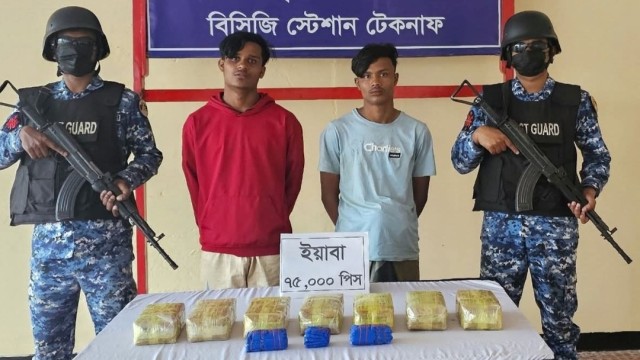

Comment: